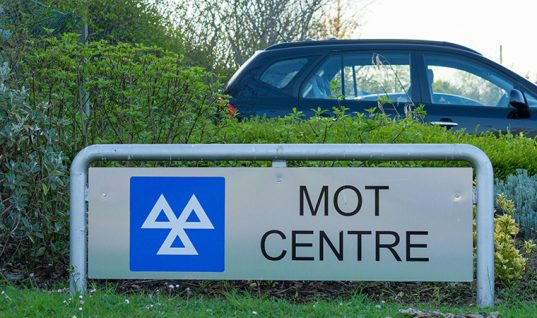The Motor Ombudsman has announced comprehensive updates to its four Motor Industry Codes of Practice, designed to align with the evolving landscape of the UK’s automotive sector.
These revisions address legislative changes, technological innovations, and shifts in consumer buying patterns. The refreshed Codes, which cover the entire customer vehicle purchase and ownership experience, are effective immediately and represent a significant development in the self-regulation of the motor industry.
The Motor Ombudsman’s Chartered Trading Standards Institute (CTSI)-approved Codes of Practice play a crucial role in maintaining standards across the automotive sector. Over 7,500 independent garages and franchise dealers, 46 vehicle manufacturers, and 21 extended vehicle warranty providers voluntarily commit to these guidelines, aiming to deliver service standards beyond legal requirements. These best practice clauses are also fundamental to The Motor Ombudsman’s process of delivering independent, impartial, and fair decisions based on evidence submitted by consumers and businesses.
Building on previous updates, such as the recent extension of the Service and Repair Code to include accredited mobile repairers, the latest amendments follow a period of consultation with Motor Ombudsman-accredited businesses and the CTSI. These changes integrate new sections and commitments to reflect emerging technologies in vehicles, the expansion of manufacturer retailing channels, the diverse range of insured and non-insured products and services available to customers, and the increasing prominence of alternative fuelled vehicles (AFVs), including electric cars (EVs).
Key Changes in the Updated Codes:
The principal changes incorporated into The Motor Ombudsman’s evolved Motor Industry Codes of Practice include:
- Specific clauses related to Advanced Driver Assistance Systems (ADAS) and self-driving features.
- New guidance for roadside assistance and service plans.
- Dedicated sections on paint, perforation, and manufacturer base warranties, alongside guidelines for the sale of alloy wheel and Guaranteed Asset Protection (GAP) insurance.
- A new requirement for staff training related to the maintenance of AFVs, such as electric cars and hybrids.
- Clauses governing the sale of vehicles where an agency model has been adopted by vehicle manufacturers.
The four Codes of Practice also feature an updated visual identity, incorporating the recently refreshed CTSI Approved Codes insignia.
Bill Fennell, Chief Ombudsman and Managing Director of The Motor Ombudsman, stated that keeping the Codes of Practice aligned with technological advancements, innovation, and consumer behaviour trends is crucial to providing comprehensive coverage and protection. He emphasised the particular relevance of these updates as car ownership patterns continue to shift, especially with the move away from internal combustion engines towards 2030 and beyond.
Fennell added that The Motor Ombudsman has consulted with and supported accredited businesses through various training initiatives and additional resources to ensure a smooth transition and full understanding of the immediate changes within the industry.
To view The Motor Ombudsman’s updated Codes of Practice, please click here.







